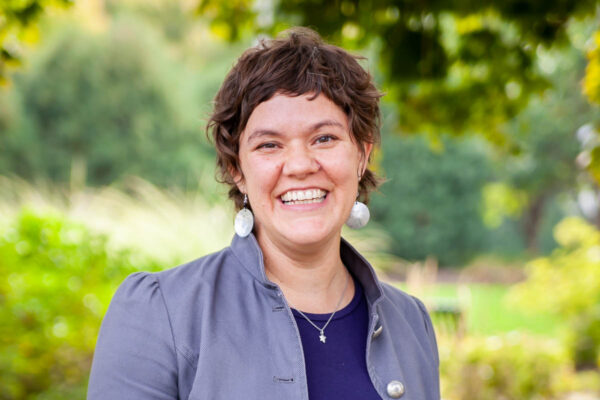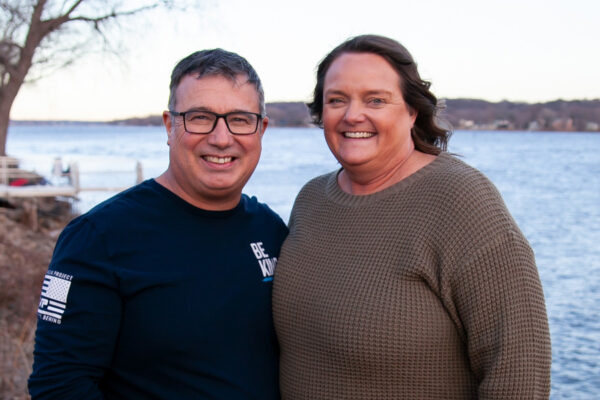The origin of our palms
On this coming Palm Sunday, St. Paul people will wave palms in the air to mark the beginning of the eight days that tell the events of our salvation, to commemorate Jesus’ entry into Jerusalem.
It’s a beautiful tradition, deep in symbolism.
The waving of palms is also done with social justice and environmentally kind practices in mind, as St. Paul is one of many churches nationwide that purchases Eco Palms through Lutheran World Relief. It means the harvesters in Guatemala and Mexico were paid fairly for the palms, and that the harvesting of the plants is done in a way that protects important forests and sustainable livelihoods.
- In the past 10 years that Lutheran World Relief has partnered with Eco-Palms, more than 2,000 Lutheran congregations have waved nearly 2.7 million palms.
- Eco-Palm harvesters receive a higher price for their palms, which improves their income and gives their families financial stability.
- Eco-Palm harvesters are trained on what to look forwhen harvesting and therefore only gather the fronds of the highest quality.
- Eco-Palm harvesters have permits from the government tomaintain the bio-reserve where they harvest their palms. As a result, the rainforests are well-maintained and continue to support the harvesters’ livelihood.
- The harvested Eco-Palms are sorted and bundled by the women in the communities, instead of a distant warehouse, creating new jobs where previously there were none.
All of the harvesting communities either have or are in the process of obtaining an outside sustainable certification from SmartWood, a division of Rainforest Alliance.
Presbyterian Church USA Enough for Everyone Program, and United Methodist Committee on Relief also support the Eco-Palms project.




